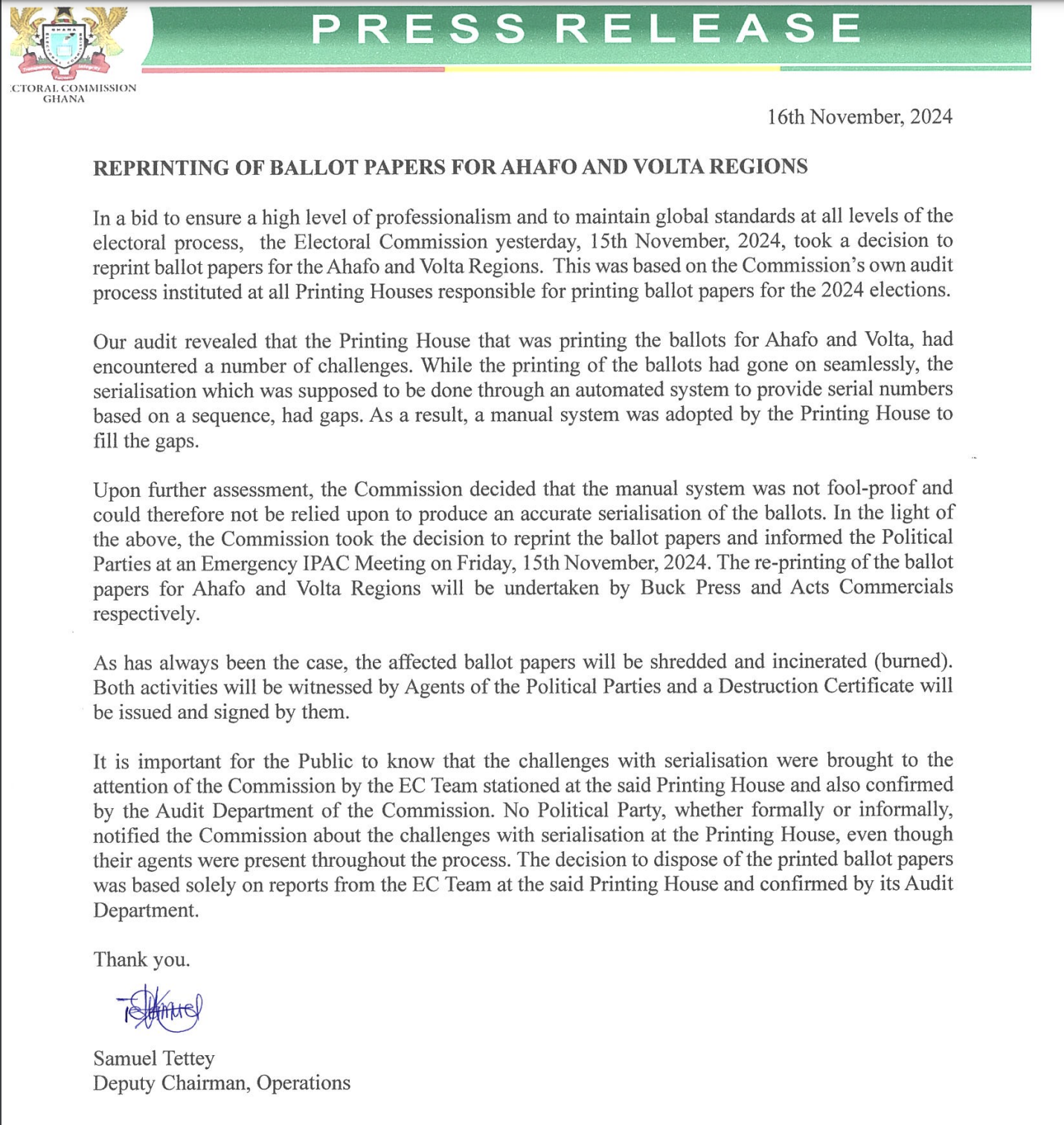

A new study indicates the importance of eating slowly, for both your health and your waistline.
You might want to think twice before you gulp down your dinner at lightening speed: eating too fast not only packs on the pounds, but may lead to heart problems, too, according to preliminary research presented at the American Heart Association’s recent Scientific Sessions in California.
For the study, researchers from Japan followed more than 1,000 people for five years. The participants underwent a health exam at the beginning of the study in 2008 and once again toward the end in 2013. They also completed surveys about their diet, exercise, and medical history.
After the participants were identified as slow, normal, or fast eaters, the researchers found that those who scarfed their food down quickly were more likely to gain weight and have higher blood sugar and bad cholesterol levels.
Fast eaters were also twice as likely to develop metabolic syndrome—the cluster of risk factors, like high blood pressure or abdominal obesity, associated with conditions like heart disease, diabetes, and stroke—compared to people who ate at a normal speed.
That’s because eating fast may cause fluctuations in your blood sugar, which can lead to insulin resistance, lead study author Takayuki Yamaji, M.D., said in a statement. That means your body can’t easily absorb the glucose in your blood, so eventually, you’ll need more and more insulin to allow that glucose into your cells, according to the National Institute of Diabetes and Digestive and Kidney Diseases.
Over time, this can develop into type 2 diabetes and heart disease, since high blood sugar levels can damage your nerves and blood vessels.
On the flip side, those who eat slowly are less likely to be obese, according to past research.
So why does taking your time help? Consciously chewing your food actually releases signals of fullness to your brain, says Kathleen Melanson, Ph.D., of the University of Rhode Island, who has also studied eating speed and weight. Once your brain realizes you’ve eaten enough, you’ll be less likely to reach for another plate.
Since there’s no specific formula for how long your meal should last, she recommends focusing on the texture of your food instead. Try this: chew your food enough so it’s broken down into a chunk-free, smooth consistency. Wait for it hit your stomach, take a breath, and then go for your next bite.
Additional reporting by Christa Sgobba
A new study indicates the importance of eating slowly, for both your health and your waistline. Read Full Story













Facebook
Twitter
Pinterest
Instagram
Google+
YouTube
LinkedIn
RSS